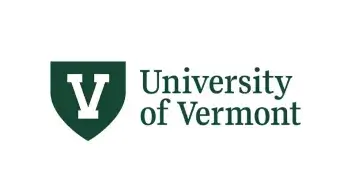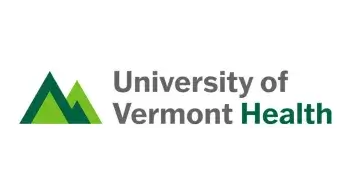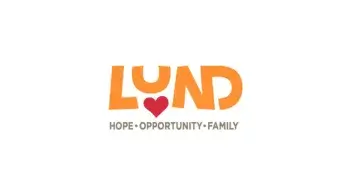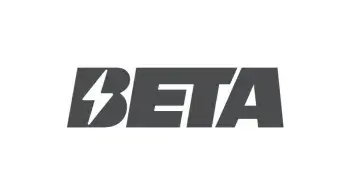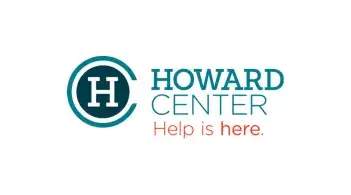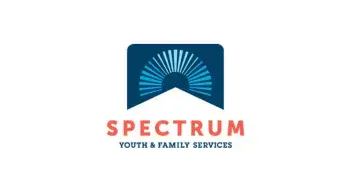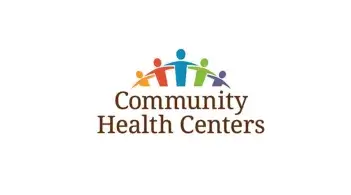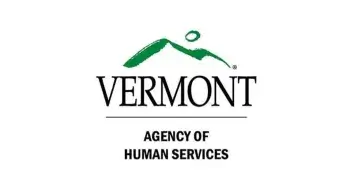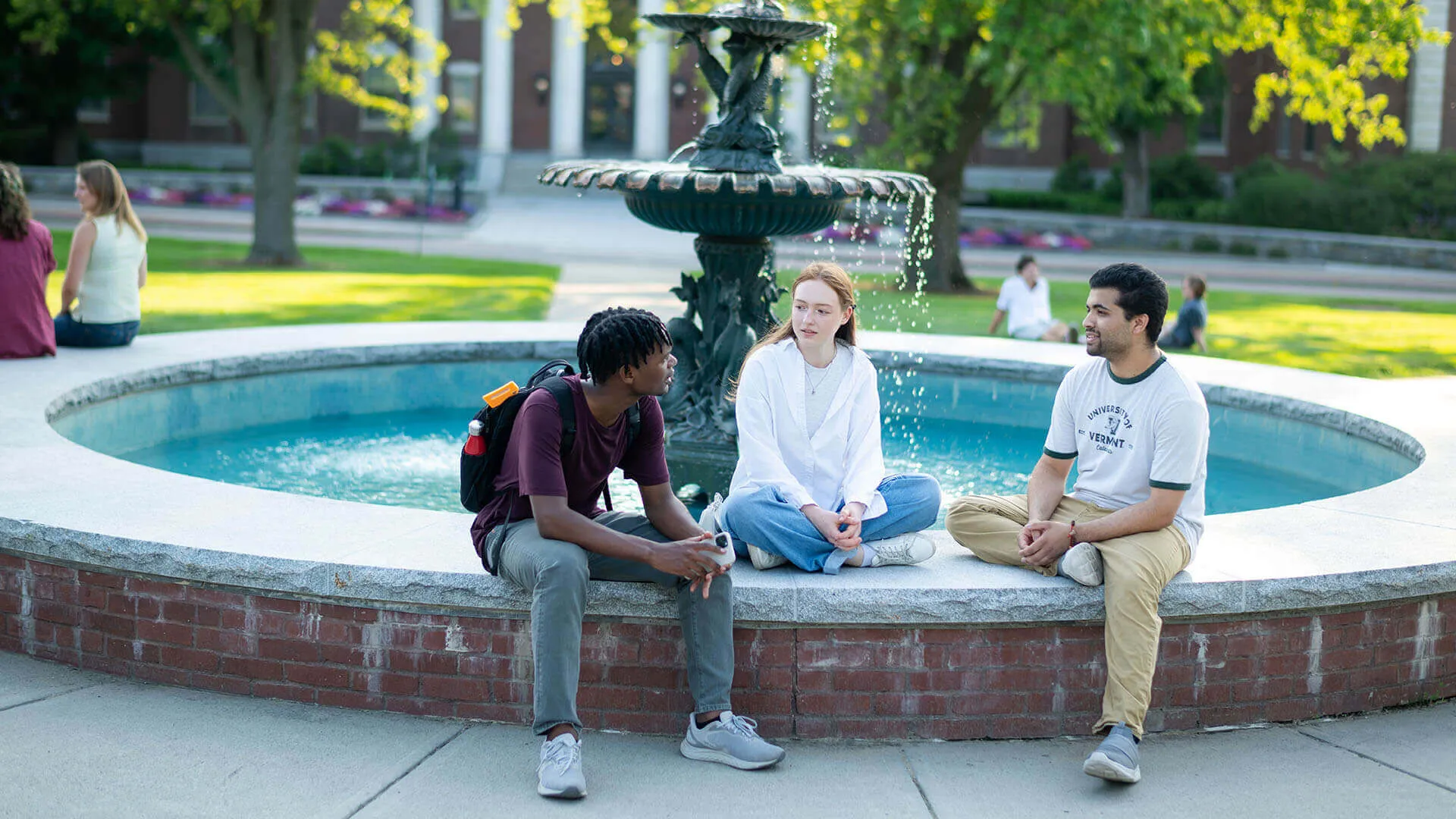This includes therapy, of course, but also healthcare, business, education, technology, and so much more. As a psychological science major, you’ll learn how to:
Explore a variety of perspectives and sources of information before forming an opinion or conclusion
Develop self-awareness of your own biases, strengths, areas for growth, and unique learning needs
Evaluate the reliability and validity of sources of information
Apply mathematical reasoning to interpret data and make evidence-based arguments
Work both independently and collaboratively
Apply scientific knowledge to real-world problems
Communicate effectively across multiple mediums

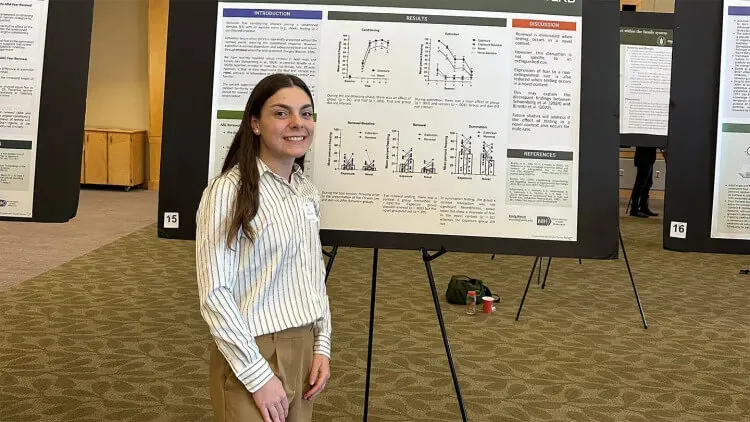

What Can You Do With a Liberal Arts Degree with a Major in Psychology? More Than You Think
Your psychology major equips you with insights into human behavior that are in high demand. From private practice to research labs, human resources to marketing firms, your options are wide open.
A liberal arts degree with a major in psychology can put you on a wide choice of rewarding career paths. Past UVM psychology majors have gone on to work in fields such as:
Clinical psychologist
Clinical social worker
Clinical research assistant
Behavioral therapist
User experience (UX) researcher
Project manager
Interventionist
Career coach
Human resources
Talent acquisition
Director of development
Senior brand director
Market research analyst
Sales representative
Public relations
UVM Psychology Students Learn the Top Skills Employers Want
Critical Thinking and Problem Solving
All our courses regularly involve assignments that ask you to apply what you’ve learned to real-world issues. You’ll learn to think like a scientist, identifying important problems and gaps in your understanding, formulating testable hypotheses, evaluating information sources, designing experiments, analyzing data, and writing and talking about research (both in class and in the lab).
Teamwork and Collaboration
Students work in teams in many of our courses, especially on in-class assignments. A group project is a key component of our Research Methods course, for example, and many of our upper-level seminars include group assignments and/or peer review of written work. Group discussion of research is a central feature of all our upper-level courses.
Written and Oral Communication Skills
Our Psychology Research Methods course, which is a requirement of all majors and minors, has a lab component that involves writing a research paper. In addition, written and oral communication are a central focus on our upper-level courses.
Professionalism and a Strong Work Ethic
Many of our courses deal with sensitive topics such as mental health, substance use, neurodiversity, and the historical and current impact of systemic oppression on the study and practice of psychology. You’ll learn to grapple with these issues in a mutually supportive, respectful, and professional manner. While completing both lab work and the readings and assignments that our courses require, you’ll develop a strong work ethic. And in our service-learning courses, you’ll learn professionalism as you work with others to make positive changes in the community.
Initiative
We encourage all our students to take initiative and seek out opportunities to gain applied experience that helps prepare you for your future career path. These include working in the community in one of our service-learning courses, gaining research experience in faculty laboratories, working in an internship, serving as a teaching assistant, and acting as a student leader in our department’s student organizations.
Alumni Spotlights: How the Liberal Arts Shaped Their Careers
Where UVM Psychology Majors Go to Grad School
Stanford University
Harvard University
Boston University
University of Pennsylvania
Emerson College
Bentley University
University of Kansas
Virginia Commonwealth University
San Diego State University
St. Michael’s College
Notable Companies That Hire UVM Psychology Graduates
